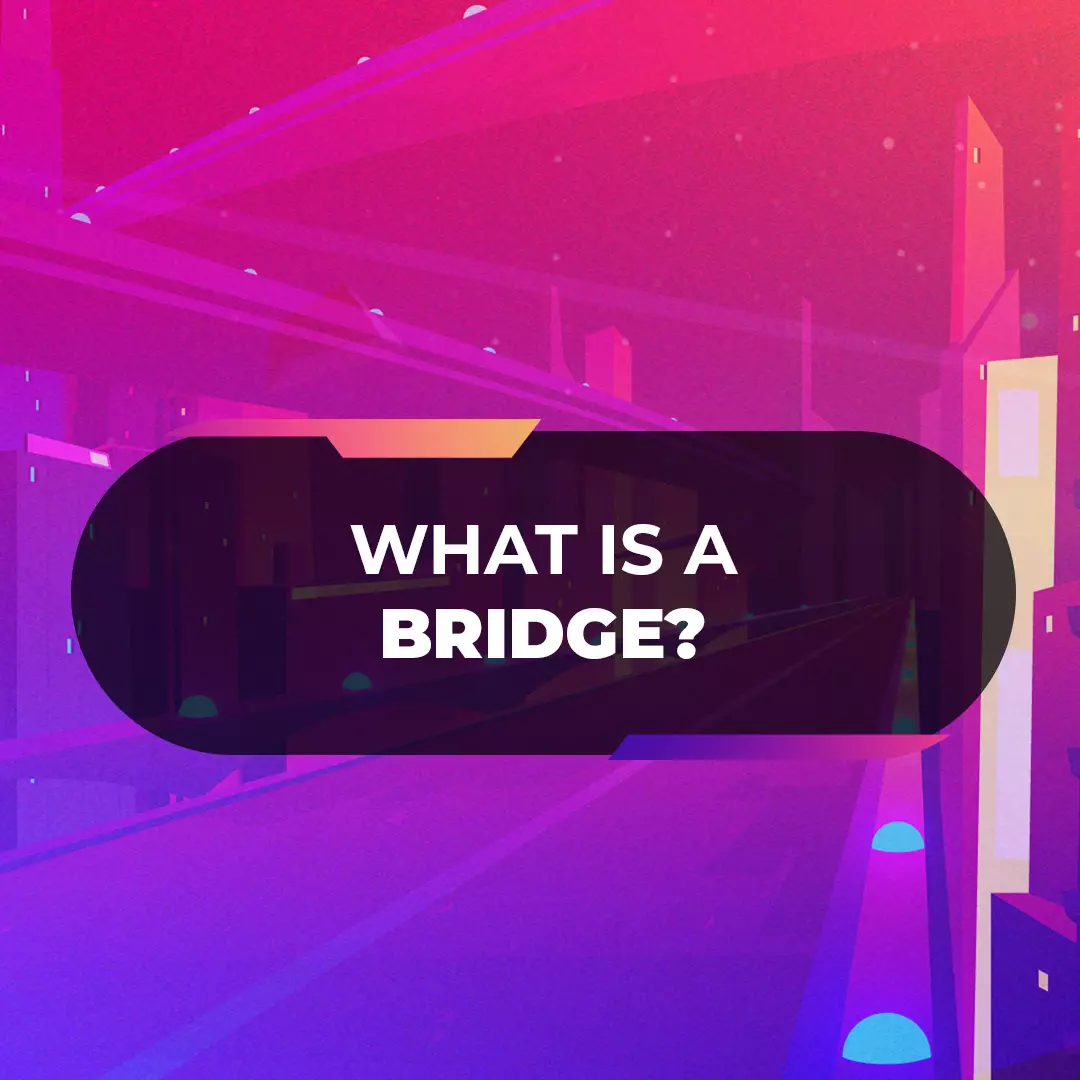
What are dApps?
Basic information
Decentralized applications, known as dApps, is a term that we will start to encounter more and more. In principle, these are mostly the same as common applications that you know for example for your internet banking or tracking the steps walked. The difference is that dApps need to be logged into with a Web 3.0 wallet, while for regular apps we use an email with a password. Are you wondering why the log-in process is more complicated? To some extent I would agree with this concern, but there are several pros and cons to this. Let’s look at them together.
Pros:
- The Web 3.0 wallet works as a login and bank, gaming and collecting account in one.
- After entering the password in the Web 3.0 wallet, it is no longer necessary to enter it in applications. All dApps are available with one click.
- Trust in dApps is based on the irreversibility of all actions taken. Therefore, if the opposite party sold you a game item, it is a non-returnable transaction. This dApps feature is so amazing that it gave rise to decentralized financial services, also called DeFi.
- The dApp code is completely transparent, being stored and operated on the blockchain. Programmers can check what each application is doing and if it is not a scam.
- dApps are powered by a huge, decentralized network of transaction validators.
- No one can guess your login details, even if they know your email and the favorite password you use everywhere.
- You don’t have to worry about spam and disclosure of your email address.
Cons:
- Complexity in learning to use dApps. All that approval is a hassle at the beginning, and it’s full of apprehensions and triple checks. We all know it.
- Mistakes are paid for. Some dApp activities are irreversible, which has to be taken into account.
- Web 3.0 wallets are transparent, so all your activity is traceable under certain conditions. Everything is recorded on the blockchain under your Web 3.0 wallet address.
- High risk of digital assets loss. If a bad person gets hold of the private key, they can take everything from your wallet. Somebody solves this fact with a hardware wallet. A method of theft became popular in which you don’t even realize that you are giving someone permission to withdraw from your wallet. This can also happen in a dApp that you know well, for instance if it got hacked. That’s why it’s a good idea to check what you’re approving when using dApps. Mostly it is clearly and simply written there.
We already encounter dApps in games, metaverses, social networks and on forums or multimedia platforms. Interesting dApps also include DeFi, which includes dApps focused on financial services. These include decentralized exchanges (DEX), decentralized applications for providing and offering loans, portfolio managers and other even more complicated financial services.
Decentralized application development is experiencing a huge boom, and many people see them as an innovation that our world will appreciate. This is also indicated by the fact that dApps are experiencing the same adoption trend as was the case with the Internet itself. And you already know what happened with the rise of applications such as Facebook, YouTube, etc.
👉 Whole Charlie’s Crypto Dictionary
Previous

Next














































